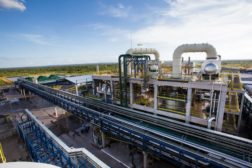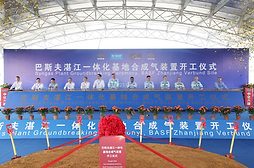Sustainable
PIMS: Software to Manage Paint and Coating Ingredient Information in the Digital Age
PCI Magazine Interview with Agilis and SpecialChem Founders
Read More
Keep the info flowing with our eNewsletters!
Get the latest industry updates tailored your way.
JOIN TODAY!Copyright ©2024. All Rights Reserved BNP Media.
Design, CMS, Hosting & Web Development :: ePublishing








.jpg?height=168&t=1672116434&width=275)


